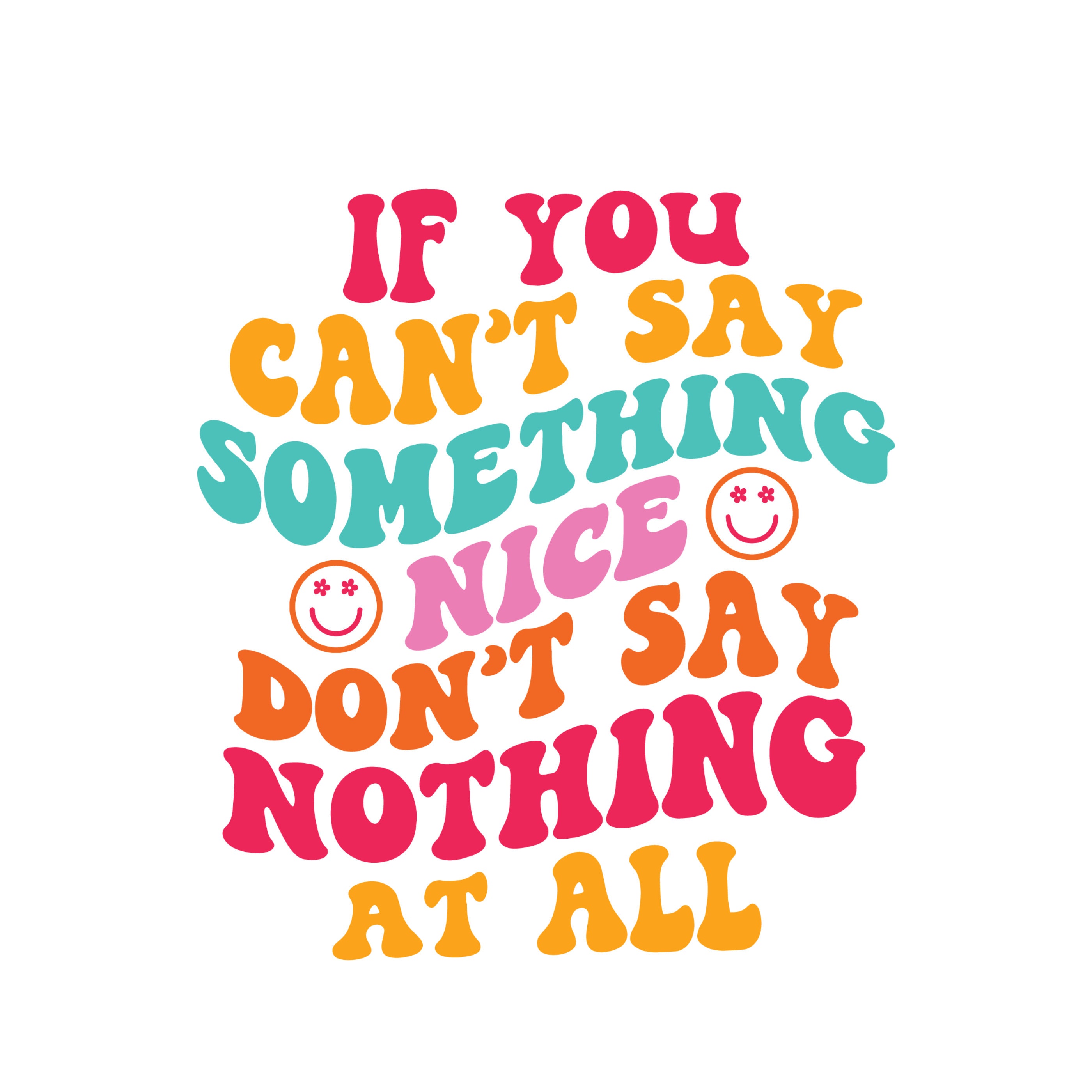Sometimes, when you think about someone, a person who might be just going about their daily routine, you start to notice little things. It's almost like you begin to see the many small ways we talk about people, and how those words really shape what we understand. This is a chance to consider those subtle turns of phrase, the ones that paint a picture of someone without even trying too hard.
You see, there are often layers to how we describe a person, and the words we pick can tell quite a tale. It's not just about what we say, but truly how we arrange those words, what little connections we make between ideas. So, we'll spend some time exploring those bits and pieces of language that help us talk about a unique individual.
This exploration is, in a way, about the unspoken grammar of everyday conversation. It’s about how we put thoughts together when we’re simply chatting about someone we know, or perhaps someone we’ve just met. We’ll look at how different ways of saying things can shift the entire feeling of a message, especially when it comes to "something about her."
- January 13 Horoscope
- Madison Beer Nude Video Leak
- Eyebrow Waxing Near Me
- Hugh Jackan Wife
- Nischelle Turner Husband
Table of Contents
- Who Is She - Something About Her Biography?
- Personal Details - Something About Her
- How Do We Talk About What She Is Or Is Not - Something About Her Perceptions?
- Asking About Her Thoughts - Something About Her Ideas
- What Can She Do Or Not Do - Something About Her Circumstances?
- The Purest Form of Care - Something About Her Kindness
- Relying On Her Or Counting Things With Her - Something About Her Connections
- Knowing Her Well - Something About Her Familiarity
- Her Many Roles - Something About Her Contributions
- Giving And Getting Guidance - Something About Her Advice
- Making The Most Of Her Time - Something About Her Efficiency
- Her Concerns And What Matters - Something About Her Worries
Who Is She - Something About Her Biography?
She is, well, just a person, really. Someone you might pass on the street, or perhaps someone who sits quietly in the corner of a coffee shop, observing the world. Her presence is a bit like a gentle hum, not demanding attention, yet you feel it. She doesn't have a grand story in the usual sense, but her quiet way of being prompts you to think about how we phrase things when we talk about people. She could be anyone, and that, you know, makes her quite special in her own way.
Her life isn't filled with dramatic events or public appearances. Instead, she represents the everyday individual, the kind whose very existence makes us consider the subtle ways we communicate. She is a reminder that even the most ordinary interactions hold a lot of richness in how we choose our words. We're going to think about "something about her" in terms of how language shapes our view of someone like her.
Personal Details - Something About Her
| Aspect | Description |
|---|---|
| Name | Anya (A common, gentle name) |
| Occupation | Independent Researcher (Someone who observes and considers) |
| Interests | Linguistics, subtle social cues, quiet contemplation |
| Distinguishing Feature | A thoughtful, observant gaze |
| General Demeanor | Calm, reflective, a little reserved |
How Do We Talk About What She Is Or Is Not - Something About Her Perceptions?
When you want to describe someone, you often pick words that show what they are, or maybe what they are not. For example, if we were talking about Anya, we might say she is nothing but a clever person. This way of speaking, you know, it suggests a certain kind of insight, a quickness of mind. It implies that her intelligence is a defining quality, perhaps even her main one. It really narrows down the focus to that particular trait.
- Waltons Cast Now And Then
- Ivan Moody
- Mister Rogers Young
- American President Assassinations
- John Daly Wife
On the other hand, if you say she is anything but a common person, that gives a different impression entirely. It means she stands apart, that she isn't like everyone else you might encounter. This phrasing suggests a uniqueness, a distinction that makes "something about her" truly stand out. It’s a way of saying she holds qualities that are quite unusual, perhaps even unexpected.
Sometimes, too, we might express an expectation, like saying, "I'd expected something like this" from her. This suggests a pattern, a predictable quality about her actions or reactions. It means her behavior fits with what you already know or believe about her character. It can show a sense of familiarity with her ways, or a lack of surprise at her actions.
Asking About Her Thoughts - Something About Her Ideas
When you want to know what someone thinks, the words you use can feel a little tricky. You might wonder, for instance, what's the best way to ask about "something about her" ideas? You could say, "What's your idea on this topic?" That sounds, you know, a little casual, like you’re just chatting with a friend. It has a very relaxed feel to it, a conversational ease.
Then there's the phrase, "What's your idea of this situation?" This one, it feels a bit more formal, doesn't it? It’s often used when you’re asking for a general opinion or a deeper way of seeing things. It’s about someone’s overall picture or concept. So, when you're trying to get a sense of "something about her" perspective, choosing between these two can really shift the tone of your question, making it more or less serious.
It’s interesting how a tiny word, a preposition, can change so much. Asking for an "idea on" something can feel like you're looking for a quick take, a surface thought. But an "idea of" something often feels like you're asking for a more complete picture, a personal way of understanding a subject. It's subtle, but it truly shapes the conversation.
What Can She Do Or Not Do - Something About Her Circumstances?
When we talk about what people can or cannot do, especially in terms of their means, the way we phrase it matters. For example, if we were discussing Anya, you might hear someone say, "They can't afford to go out very often." This phrasing is quite common, and it makes perfect sense. It means they don't have enough money for frequent outings. This is, you know, a very direct way to express a financial limit.
However, you might also hear someone say, "They can't afford going out very often." This second way of speaking, while sometimes heard in informal chat, is not generally considered the usual way to put it. It sounds a little bit off to many ears, even if you understand what it means. It’s a subtle difference, but it shows how certain verb forms just fit better after words like "afford." So, when we talk about "something about her" daily life, getting these small details right makes our words sound more natural.
The choice between "to go" and "going" here highlights how language has preferred patterns. It’s about what sounds correct to someone who uses the language all the time. These small rules, they really help keep our conversations clear and easy to follow. It’s a bit like a hidden guide for how we put sentences together, especially when we are describing someone's situation.
The Purest Form of Care - Something About Her Kindness
There's a special kind of good deed, you know, that really stands out. It’s when someone helps another person who is having a hard time, and they don't ask for anything back. This act, it’s often seen as a very true expression of care. It’s about giving freely, without expecting any kind of payment or reward in return. This kind of action truly comes from a good place.
If you were to observe "something about her," you might see this quality shine through. Perhaps she is the type of person who quietly offers a hand, or lends an ear, without ever making a fuss about it. This sort of helpfulness, without any strings attached, is often considered the most genuine way to show affection or concern for others. It’s a quiet way of making a difference in someone's day.
It speaks to a deep sense of compassion, a willingness to be there for others just because it feels right. This kind of giving, it doesn't look for praise or recognition. It just happens, simply because there's a need and a kind heart ready to meet it. It’s a really simple, yet very powerful, way to show human connection.
Relying On Her Or Counting Things With Her - Something About Her Connections
When we talk about how we depend on people, or how we count things, the small words we use can change the whole meaning. For example, you might say, "I can count on her." This means you trust her, that you believe she will be there for you or do what she says. It’s about relying on someone’s dependability, their steady nature. This is, you know, a common way to talk about trust in a person.
However, if you say, "I can count with my fingers," that means something entirely different. It’s about using your hands to keep track of numbers, a very physical action. It’s not about trusting a person at all, but about a practical way of adding things up. So, when thinking about "something about her," the little word "on" versus "with" makes a big difference in whether we're talking about trust or just a simple action.
This distinction shows how precise language can be, even with tiny prepositions. It’s a good reminder that words, even small ones, carry specific meanings. It truly matters which one you pick if you want to be clear about what you are trying to say. It helps everyone understand your message without confusion.
Knowing Her Well - Something About Her Familiarity
There are certain things that just feel easy to recognize because you've seen them before. Like a street, for instance. If you've walked down it many times, that street becomes, you know, very familiar to you. You know its turns, its shops, its general feel. It’s about having a sense of something because of repeated exposure, a comfort that comes from knowing.
When it comes to "something about her," how familiar are you with her ways? Do you know her habits, her reactions, her general outlook on things? To know something, or someone, well, means you have a good grasp of their qualities and patterns. It’s not just about having met them, but truly having spent enough time to form a clear picture in your mind. It's about recognizing the small things that make her who she is.
This sense of knowing, it builds over time. It’s a collection of observations, small moments that add up to a complete understanding. It means you can anticipate how she might react, or what she might say, because her qualities are no longer new to you. It’s a comfortable kind of recognition, like seeing an old friend.
Her Many Roles - Something About Her Contributions
Sometimes, a person takes on a certain part or position without needing a special word like "a" or "the" in front of it. For example, you can talk about someone acting as president, or as secretary, or even as a mediator. This way of speaking, you know, it directly connects the person to the part they are playing. It’s a very clean and direct way to state someone's function.
So, when we consider "something about her," we might describe her in various capacities. She might act as a champion for a cause, someone who stands up for what's right. Or perhaps she takes on the part of a referee, helping to sort out disagreements between people. These descriptions highlight the different ways she might contribute or interact with the world around her. It shows her versatility, her ability to step into different shoes.
This phrasing, using "as" without an article, suggests a natural fit for the part. It implies that the role is almost an extension of the person themselves, a very fitting description of their contribution. It's a way to describe someone's natural inclination or ability to fulfill a certain function, without making it sound like a temporary job title.
Giving And Getting Guidance - Something About Her Advice
When you talk about getting or giving guidance, the words you pick can have a slightly different feel. If you say you're giving "advice on" a topic, that usually means you are sharing specific suggestions or instructions. It’s about providing practical steps or recommendations, like telling someone how to do something. This phrasing is, you know, quite focused on action.
However, if you talk about giving "advice about" something, that often means you are informing someone, sharing general information or insights. It’s less about telling them what to do, and more about giving them background knowledge or a broader view. So, when we think about "something about her" and the kind of guidance she might offer, choosing "on" or "about" changes the nature of the help being given. It's a subtle but important distinction in how we talk about sharing wisdom.
This little difference in prepositions really shows how precise our language can be. It helps us communicate whether we are offering a direct solution or simply sharing general knowledge. It’s a way of signaling the type of information that is being exchanged, making sure everyone is on the same page about the purpose of the conversation.
Making The Most Of Her Time - Something About Her Efficiency
When you talk about making time more useful, the phrase "saving time on" something means you are cutting down the amount of time you spend on it. It doesn't mean you are getting rid of it completely, but rather making it take less effort or duration. For instance, you could say, "I can save time on commuting if I take the earlier train." This train, you know, it might be an express with fewer stops, making the trip quicker.
This idea applies to "something about her" daily routines as well. Perhaps she has found ways to do things more quickly, to get tasks done with less fuss. It’s about finding smarter ways to handle regular activities, to make them more streamlined. It shows a practical approach to managing one's hours, to ensure that things get done without unnecessary delays. It’s a way of being clever with the clock.
So, when you hear someone say they are "saving time on" a particular activity, they are talking about making it more efficient. It’s about finding shortcuts or better methods to accomplish something, allowing for more moments for other things. It’s a very practical way to approach daily tasks, aiming for speed and smoothness in execution.
Her Concerns And What Matters - Something About Her Worries
When you talk about what bothers someone, you usually say that you worry "about" something, rather than worry "for" it. For instance, you would say, "You can worry about money." This is because money, in this context, is something that could cause problems or difficulties. It’s the thing that is the source of the concern, the item that brings about feelings of unease. This is, you know, a very common way to express concern over a situation.
So, if we were discussing "something about her" and her concerns, we would use "worry about." Perhaps she worries about a future event, or about a small detail that needs attention. The object of her worry is the thing that might bring trouble. It's about a mental state of concern directed at a specific issue or situation. It shows what weighs on her mind.
This distinction between "about" and "for" is important for clarity. "Worry for" is usually used when you are concerned about someone's well-being, like "I worry for her safety." But when it's an issue or a thing that causes trouble, "worry about" is the way to go. It truly helps to be precise when talking about someone's inner thoughts and feelings.
- United States Womens National Artistic Gymnastics Team
- Caroline Kennedy Spouse
- Glove Brush Cat
- Adan Maxano
- Jordan Smith And Wife


